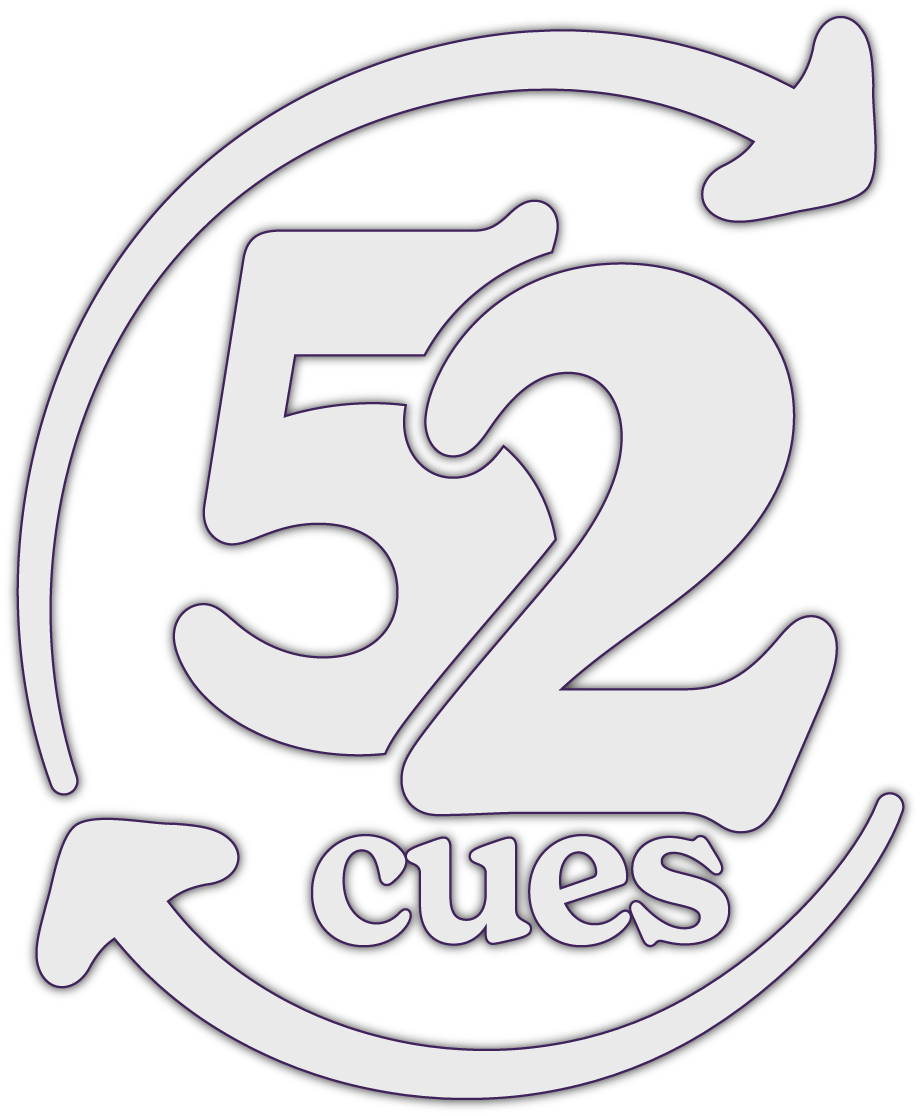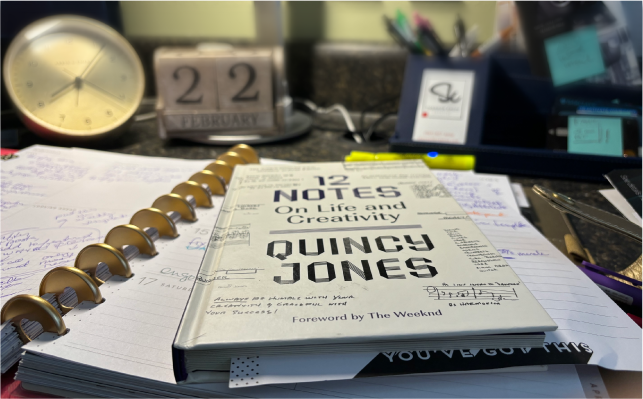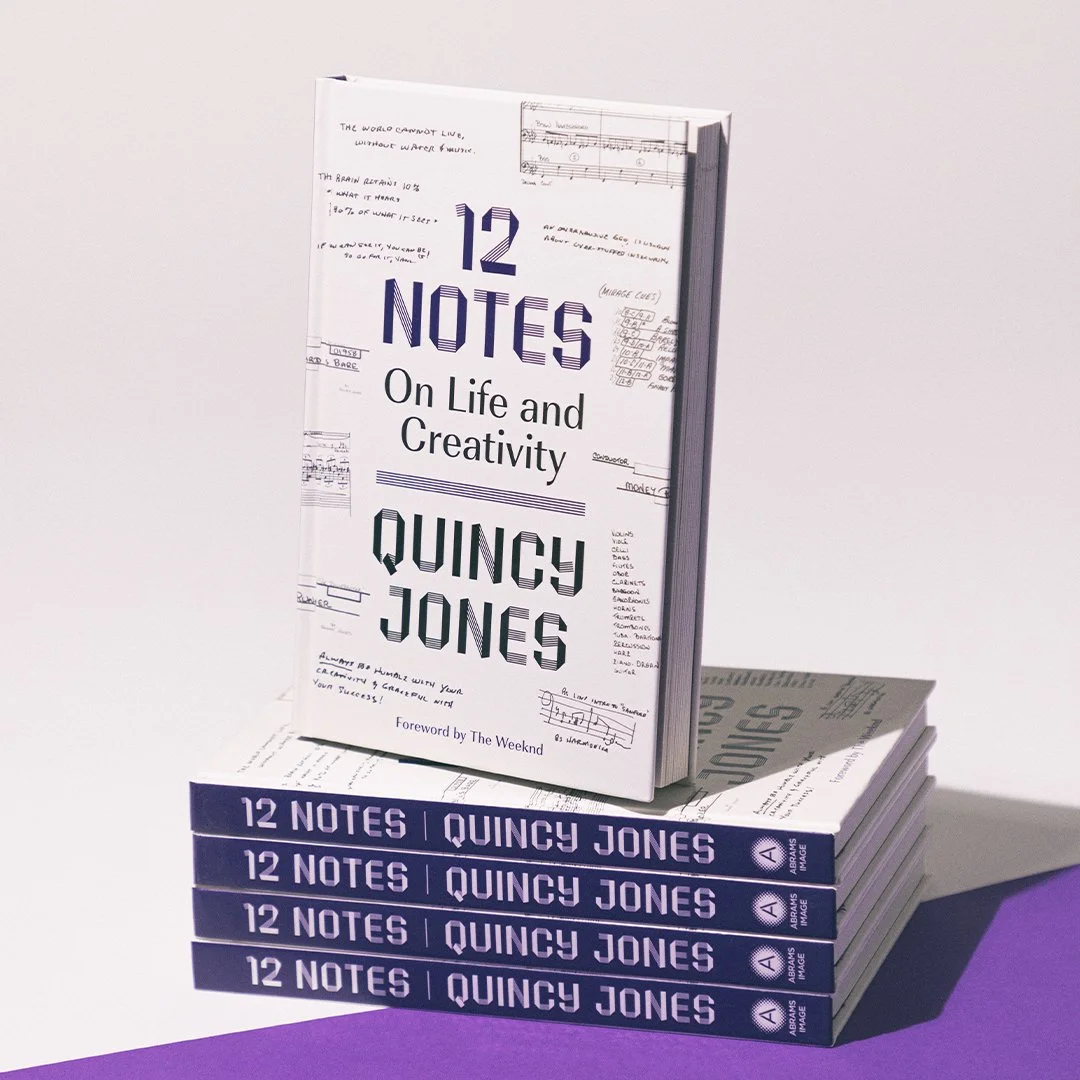Competence and Confidence: The Power of Knowledge
Looking at the Art and Science of Creativity in Music
Today, I found myself leafing through the pages of Quincy Jones's book, “12 Notes on Life and Creativity.” Despite its long presence in my life, I've barely started reading it. But, as is often the case with the best of books, it only took a few pages to ignite inspiration. Quincy Jones—oh, great musical genius!—speaks directly to the creative soul. And yes, am I a fan.
Through personal stories and sage advice, Q illuminates the creative process. It's been a gentle reminder of things I've known, believed in, and taught, yet reading these concepts from such a master has been affirming. As Jones says,
“Having done this time and time again [creating artistic endeavors that impact with true emotion], I’m tellin’ you: If you want to create art that invades the subconscious mind and leaves a long-lasting impact, you’ve got to have the proper blend of soul and science. You’ve gotta do it right!”
This week, the Note D (aka the chapter titled "Sharpen Your Left Brain") caught my attention. Jones talks about balancing the art of creativity with the science behind it. This idea isn't new to me; in fact, it's something I've passionately shared with my students over the years, especially during my time teaching both music theory and the history of popular music at Full Sail University.
I've always believed in the deep intertwining of art and science within music. Starting my teaching career in music theory, I adored introducing my students to the mechanics of music in a way that goes beyond the Circle of Fifths and memorizing key signatures. Later, as I moved on to teach the history of popular music, I found joy in sharing the roots of musical genres, starting from before the Civil War era up to the rock and roll explosion of the mid-1950s.
I've always believed in the deep intertwining of art and science within music...it can be quite a feat to convince young college students that knowing about 19th-century marching bands will improve their game in 21st-century beat making.
Appreciating Music’s Evolution and Cultural Impact
Through these courses, I aimed to instill in my students not just knowledge, but a profound appreciation and understanding of music's evolution and its cultural impact. As you can imagine, it can be quite a feat to convince young college students that knowing about 19th-century marching bands will improve their game in 21st-century beat making. I posited that music is a continuum, and then demonstrated throughout the course the line connecting John Phillip Sousa and, for example, Quincy Jones.
But we're living in what I call the "reference age." There seems to be no need to really deeply learn information anymore. The pervasiveness of search engines and AI chat--not to mention educational systems that value standardized testing rather than experiential learning--has molded us into a society that is superb at finding information rather than internalizing knowledge.
The pervasiveness of search engines and AI chat--not to mention educational systems that value standardized testing rather than experiential learning--has molded us into a society that is superb at finding information rather than internalizing knowledge.
Think about the way we process information today. For example, I don't know my mother's phone number. I don't need to know my mother's phone number, as long as I have my reference tool on hand. All I need to do is tap "mom" on my phone or contact book, and I'm connected instantly. Remembering phone numbers has become a relic of the past!
However, I can still recite my home phone number from 30 years ago. I can rattle off my mom's work phone number from another state at another time. Why? Because I experientially used that data many times. I didn't set out to memorize it, and yet I did. And not just to recall it for a test or to write down an emergency contact number. I now own that little bit of information for the rest of my life because I used it, practiced it, and internalized it.
The Shift from Memorization to Digitization
So we're all experiencing this shift from memorization to digitization. To be clear, I think it's marvelous that we have so much information at our fingertips! But I feel we have to consider the difference between data and knowledge. What is the essence of learning? Should we strive to own and internalize knowledge rather than borrowing it from Google?
We have to consider the difference between data and knowledge. What is the essence of learning? Should we strive to own and internalize knowledge rather than borrowing it from Google?
In my teaching, I've always emphasized the importance of internalizing knowledge. One of my favorite thought experiments for my students involved a hypothetical scenario where a friend needed surgery, posing the question: Would you prefer a surgeon who knows exactly what to do once the patient has been opened up? Or is it OK for the surgeon to make the incision and then Google the next step mid-operation? The answer, invariably, was in favor of expertise and mastery—principles I deeply believe apply to music and life.
We all have areas where our expertise can deepen, whether it's in mastering technical skills in the DAW, gaining facility in mixing and mastering, understanding music theory, or all of this and more. We can only master our craft through continuous learning, ingesting, and implementing information until it becomes knowledge. That is to say, until it becomes second nature, allowing us to create with both confidence and competence.
So, to all my fellow creatives, musicians, and curious souls, let's keep embracing the exploration of knowledge. At the intersection of art and science lies the key to unlocking our fullest creative potential.
Until next time, keep creating, and remember that progress and appreciation are the mantras to live by in our ongoing quest for creativity (thanks Kristopher Smith!).
You can order 12 Notes On Life and Creativity from Amazon in Audiobook, Paperback, Hardback, and Kindle Edition. We'll get a little commission if you do.



